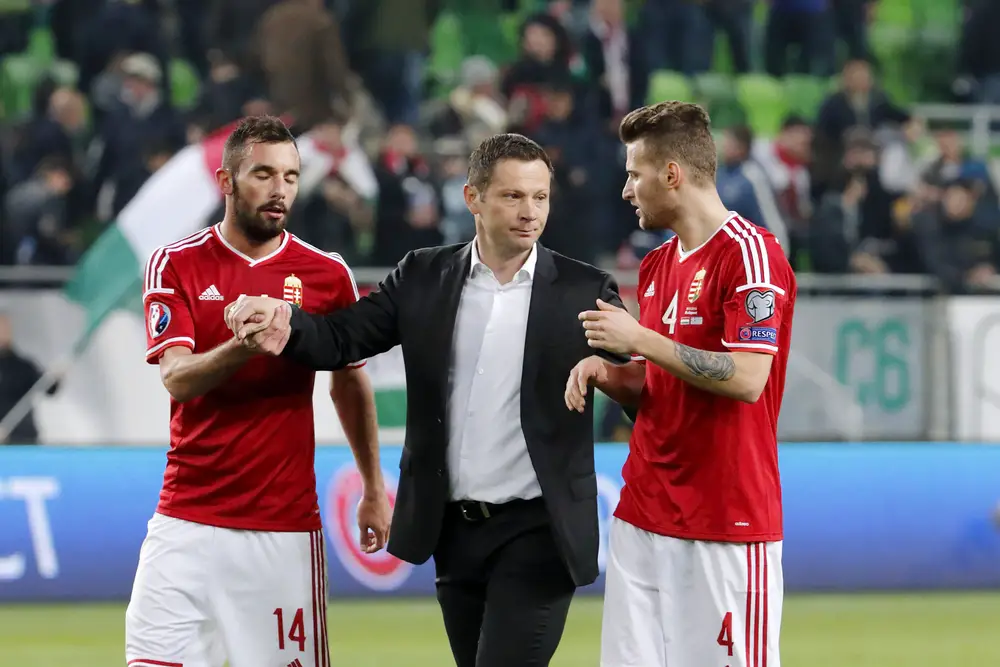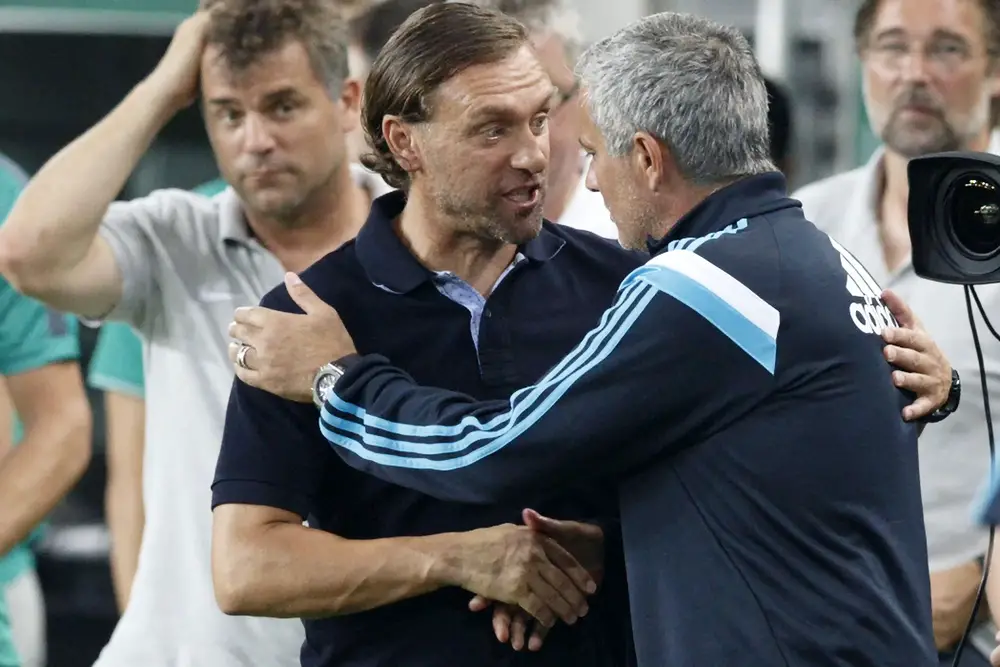What Does a Director of Football Do?
If you’ve ever asked yourself What does a Director of Football do? you’re probably not alone – even among many other football enthusiasts. This role is often overlooked, yet it plays a vital part in modern football. This article will focus on the complexity of the very complex ecosystem that is every football club in the world.
What does a director of football actually do then?
A Director of Football operates as the crucial intermediary between the boardroom and the dressing room. This role requires a strategic mindset and an understanding of football from both a business and sporting perspective.
Their key responsibilities encompass a broad range of areas, including but not limited to, player recruitment, contract negotiations, overseeing the scouting network, and developing the club’s long-term football strategy. They also provide continuity and structure within the club, ensuring that sudden changes in the coaching staff or player departures don’t disrupt the club’s overall objectives.

Different titles, different roles
In the world of football administration, there exist positions akin to a Director of Football, notably the Sporting Director and Technical Director. These roles, while sharing some overlap, have their distinct attributes.
A Sporting Director is typically involved in broader strategic decisions about the club’s sporting trajectory. This might encompass oversight of youth development, integration of sports science methods, or even management of other sports within the club’s portfolio.
A Technical Director, in contrast, is more rooted in the operational side of things, focusing on squad planning, talent scouting, and player performance analytics. They’re often at the forefront of integrating technology and data analytics into player recruitment and development strategies.
Noteworthy Directors of Football
There are several Directors of Football who’ve made a significant impact on their clubs. Liverpool FC’s Michael Edwards is a prime example, known for his data-driven approach to player recruitment which brought players like Mohamed Salah and Virgil van Dijk to Anfield. Similarly, Monchi from Sevilla has built a reputation for his ability to unearth hidden gems on a budget, playing a crucial role in Sevilla’s success over the years.
How much does a director of football earn?
While the salaries of Directors of Football aren’t as publicly discussed as those of players, they do receive substantial compensation. Depending on the size and status of the club, their earnings can range from high six figures to the million-euro mark.
Behind the scenes
While the players and managers often get the lion’s share of attention in football, the role of a Director of Football is equally essential. Their decision-making, foresight, and ability to navigate the complex world of football management are key to a club’s success. So, when you’re celebrating your team’s next big win, remember the unsung heroes who’ve played their part in shaping the club.

A more detailed look into the responsibilities of directors of football
As briefly mentioned above, a Director of Football, given the nature of their role, is tasked with striking a careful balance between the ambitions of the board and the needs of the coaching staff. This could involve negotiating transfers within the constraints of the club’s budget or ensuring that player acquisitions align with the manager’s style of play and the club’s overall philosophy.
Navigating this delicate balance requires a combination of deep football knowledge, sharp business acumen, and an instinctive understanding of the ever-changing dynamics of the club and the broader football ecosystem.
That’s why one of the best examples and the most notable names here would be a former player and manager, Leonardo. The Brazillian was a former AC Milan and Inter manager who, after only a couple of seasons of managing top-flight Seria A clubs, decided to stick to a somewhat different role. He became DoF for PSG, a role that required him to offer a different kind of skillset. Leonardo no longer acts as a DoF for PSG, but he will be remembered for some of the most remarkable transfers of the 21st century – the Lionel Messi saga probably being the biggest one.
Again, a significant part of a Director of Football’s role revolves around the transfer market. They devise transfer strategies, identify potential targets, negotiate with player agents and selling clubs, and secure deals. This process is underpinned by rigorous scouting and the use of data analytics, an aspect that has grown in importance in recent years.
Conclusion
Football, at its core, is more than just the 90 minutes on the pitch. It’s a complex mosaic of strategy, negotiations, talent scouting, and foresight. The role of a Director of Football, though often overshadowed, is instrumental in piecing together this puzzle. They are the unseen force, the architects of the club’s present and future, the tacticians who make the right moves off the pitch so we can enjoy the beautiful game on it. So next time you cheer for a stunning goal, remember the work that went on behind the scenes.
